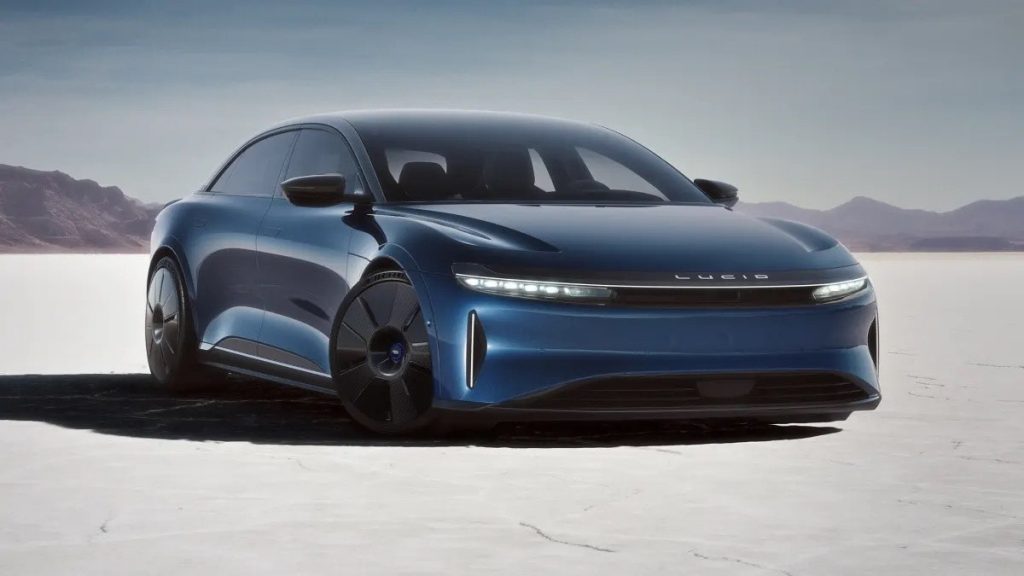Electric cars have been touted as the future of transportation, promising a cleaner and more sustainable alternative to traditional gasoline-powered vehicles. However, upon closer examination, it becomes clear that electric cars are not the panacea that they are often made out to be. In this article, we will explore the reasons why electric cars are not the future and why we need to look beyond them for a truly sustainable transportation system.
- Limited Range and Long Charging Times
One of the biggest drawbacks of electric cars is their limited range and long charging times. While some electric cars can travel up to 300 miles on a single charge, most have a range of around 100-200 miles. This means that electric cars are not suitable for long-distance travel, and drivers may need to stop and recharge their vehicles multiple times during a long journey. Furthermore, charging an electric car can take several hours, which is much longer than the time it takes to refuel a gasoline-powered car.
- High Cost and Limited Availability
Electric cars are also much more expensive than traditional cars, with prices ranging from $30,000 to $100,000 or more. This high cost is due to the expensive batteries and other components that are required to power electric cars. Additionally, electric cars are not yet widely available, and many people may not have access to charging stations or other infrastructure needed to support them.
- Environmental Concerns
While electric cars are often touted as a cleaner alternative to gasoline-powered cars, they are not without their environmental concerns. The production of electric car batteries requires the mining of rare metals, which can have significant environmental impacts. Additionally, the electricity used to power electric cars is often generated from fossil fuels, which can negate some of the environmental benefits of electric cars.
- Alternative Technologies
Finally, it is important to consider alternative technologies that may be more sustainable and practical than electric cars. For example, hydrogen fuel cell vehicles offer a longer range and faster refueling times than electric cars, while also producing zero emissions. Additionally, advancements in public transportation, such as high-speed trains and buses, can provide a more sustainable and efficient transportation system than individual cars.
In conclusion, while electric cars may have some benefits, they are not the future of transportation. Their limited range and long charging times, high cost and limited availability, environmental concerns, and the availability of alternative technologies all suggest that we need to look beyond electric cars for a truly sustainable transportation system.

More Stories
Smart Dynamic Cycling Helmet with Warning Lights for Real Roads
JK durable OLED screen for phone repair: Troubleshooting "Black Screen" and flex cable connection issues
Reducing Line Losses and Enhancing Efficiency with Sun.King Capacitors for AC Railway Power Networks